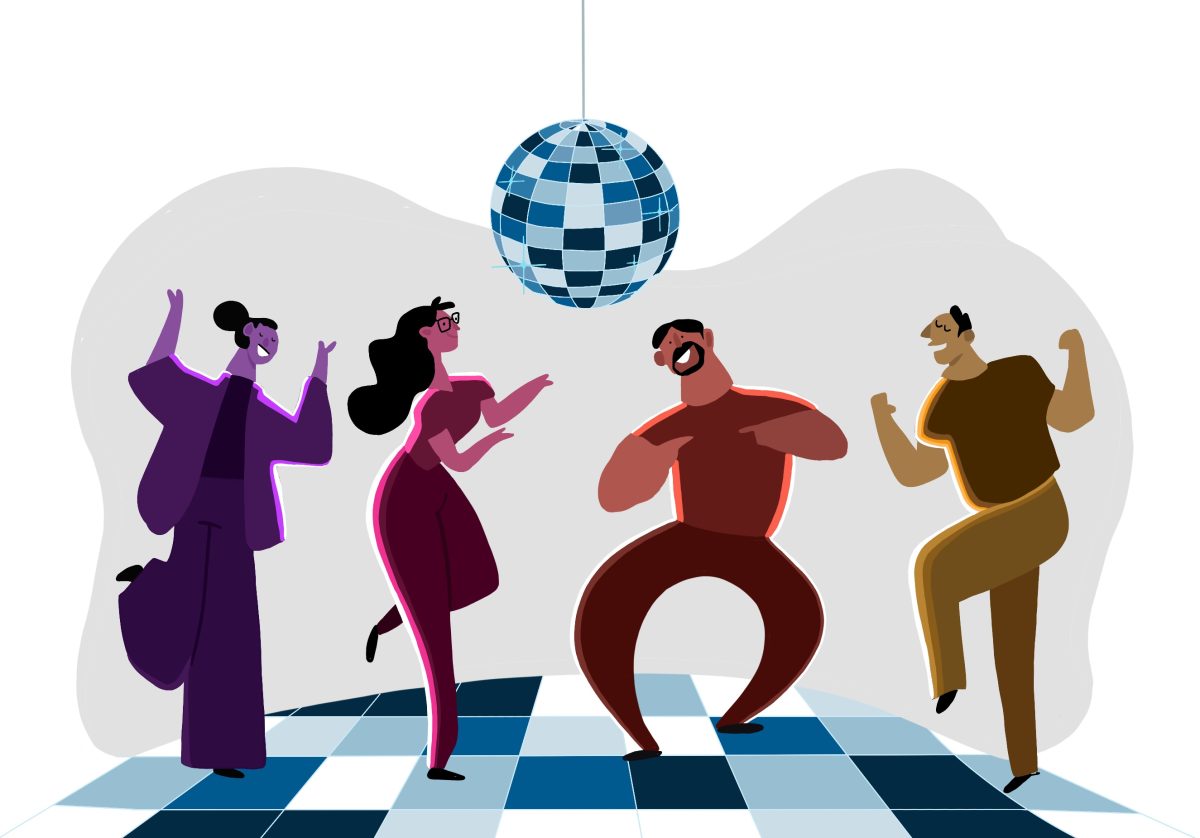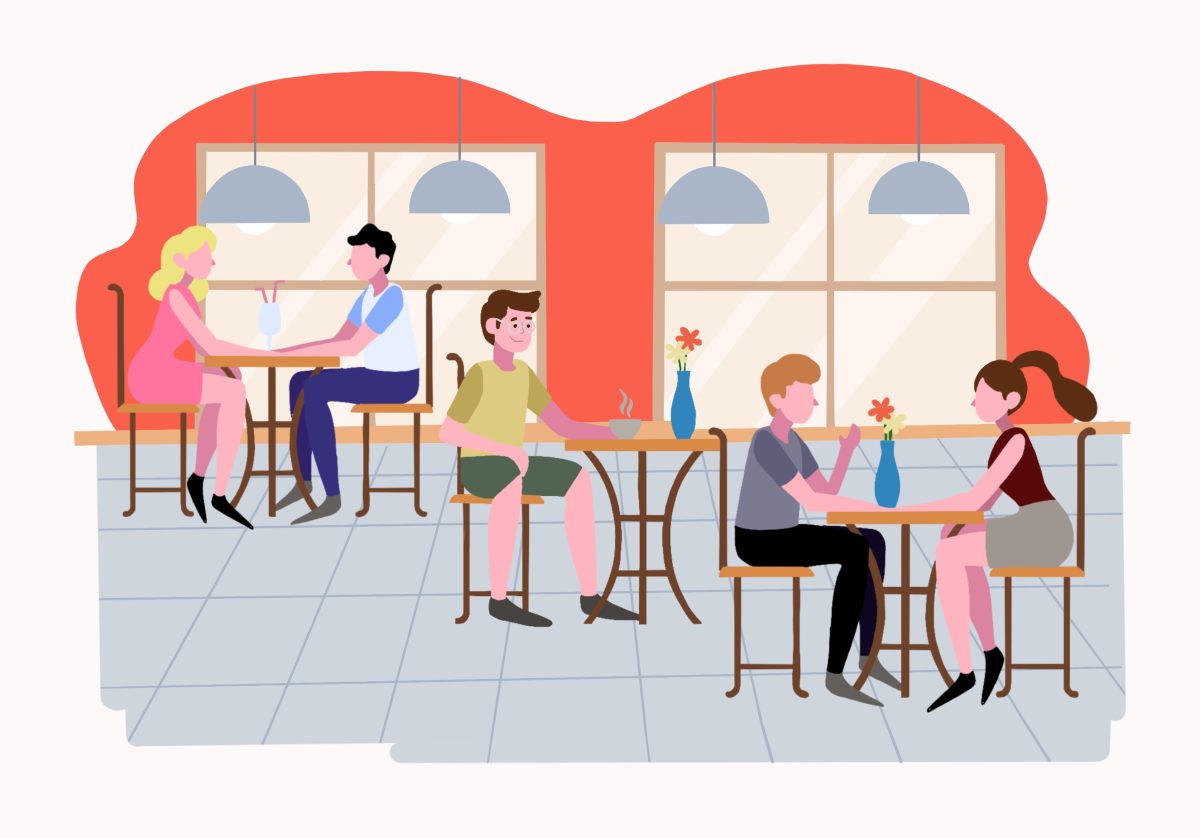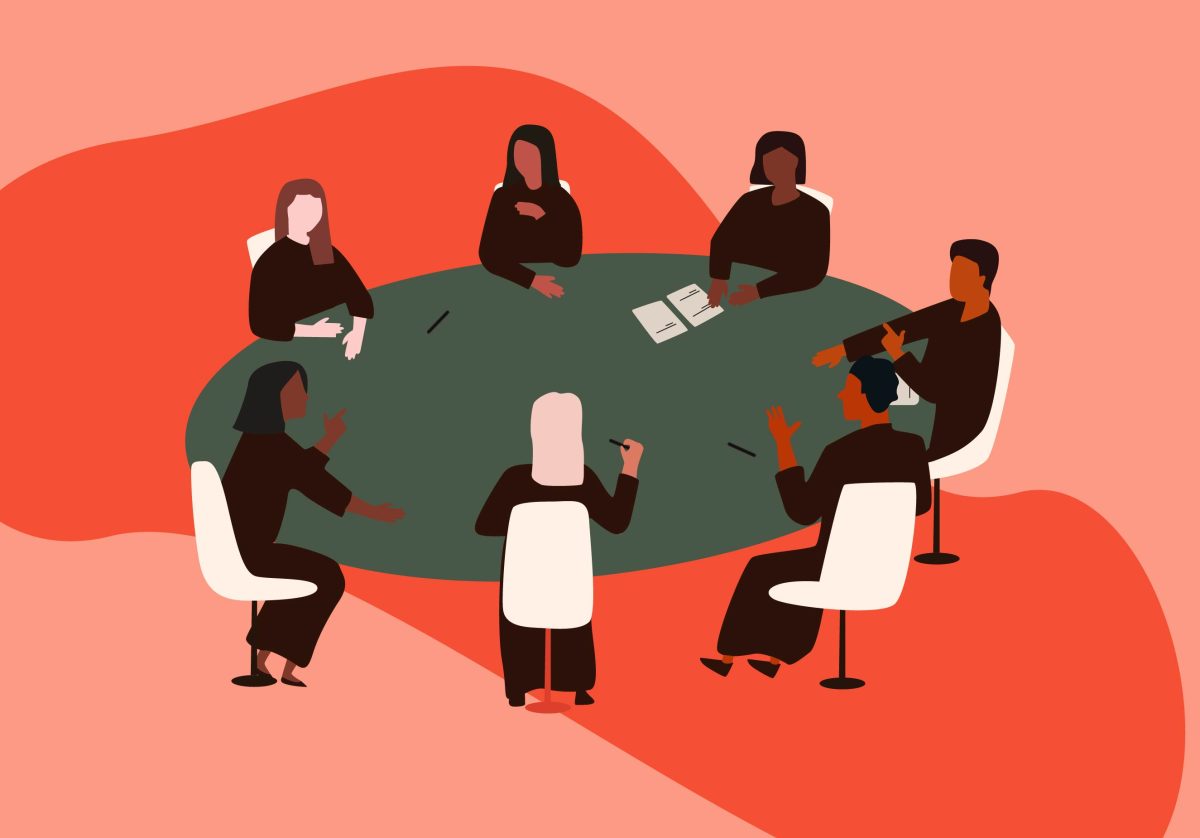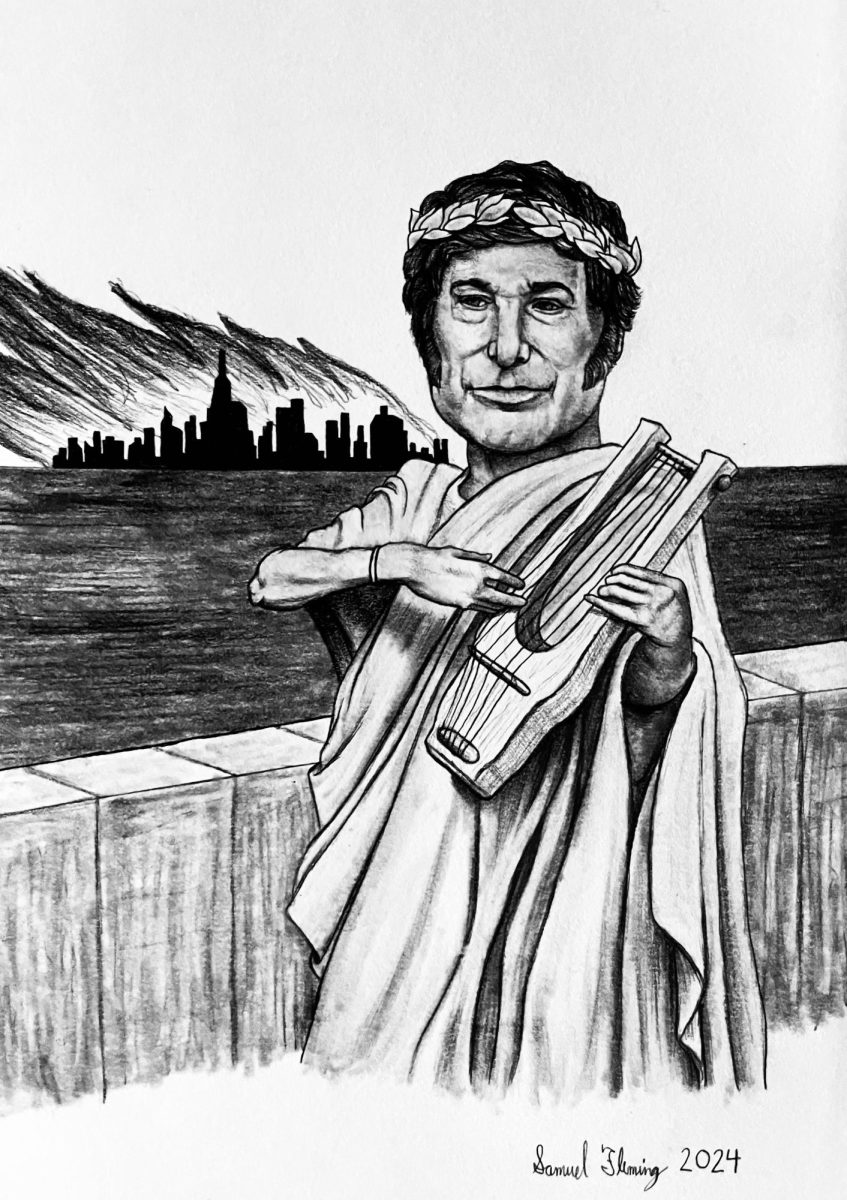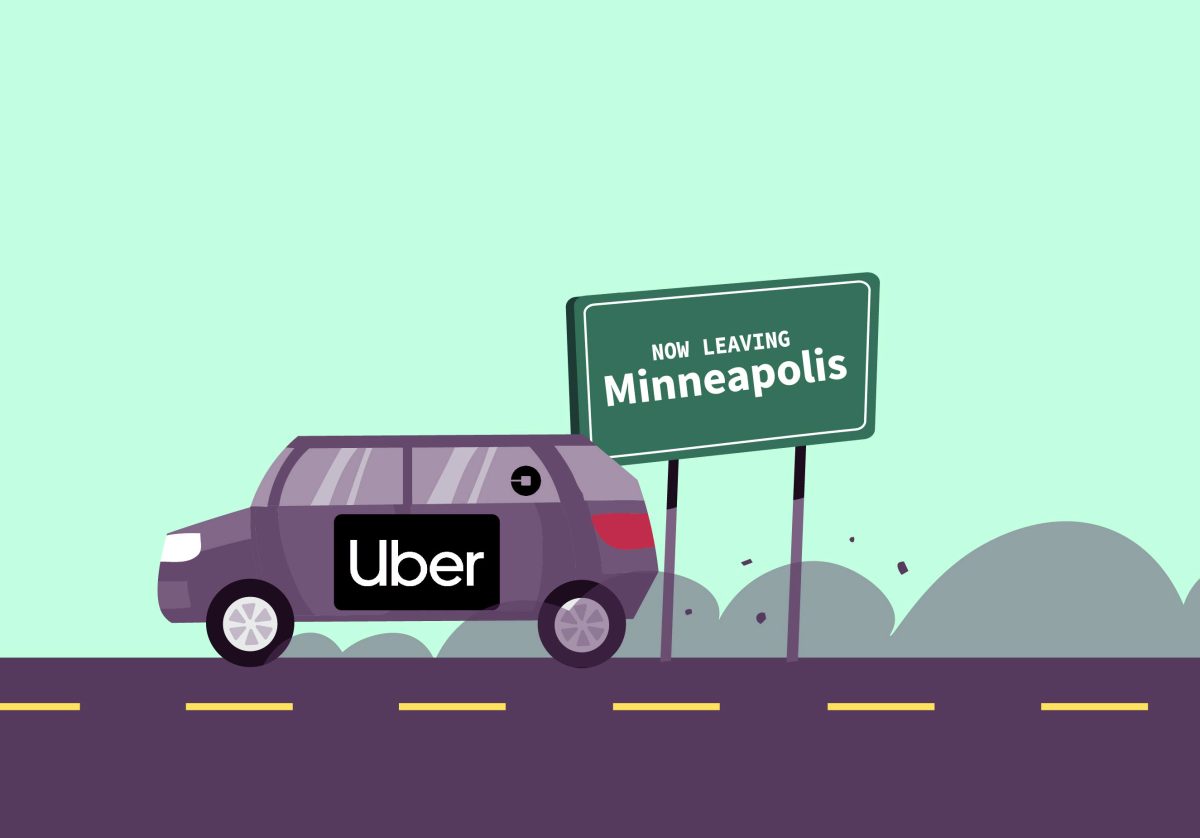Until recently, I had presumed that the plights of people of color were all somehow parallel. That they were not a direct equivalency, but that the varied natures and numbers of disadvantages specific to each racial group more or less summed to an equal whole of racial discrimination. On my own, I had perhaps incorrectly interpreted Audre Lorde’s assertion that there is no hierarchy of oppressions – that surely if one racial (or gender) group had a specific problem, another had a different one, which ultimately became equally debilitating.
Then, last weekend, I borrowed last month’s issue of Harper’s and read an excerpt from Frank B. Wilderson III’s Afropessism, awaiting publication. The essay, Color Theory, is a short piece that is deeply illuminating. To non-Black readers, Wilderson provided a window into an all-Black group while they reflected on their position as seen by the police. Groups of the other races were separately doing the same.
The Black group knew before the exercise that there was no use in going back to the plenary session where all racial groups reconvened with an actual report of their discussion. Essentially, this was because no one else could really fathom their history as human chattel that stretches to today. The Black group knew it would be pointless to attempt to convey their experiences — not even that their points would be received badly, but that they wouldn’t be received at all. And lo, it was not. Even though it was the “Race Rave” conference at UC-Santa Cruz, words could not accurately articulate the experiences of Black participants for non-Black ones. The white participants simply did not hear the messages trying to be conveyed.
Then, the following Monday, May 25, George Floyd was killed in our own city by police. He was not pronounced dead until the hospital, but by the time the ambulance arrived and the police officer Derek Chauvin took his knee off his neck, Floyd was unconscious. He died shortly thereafter, if not under the knee, where he had lost his pulse. On May 29, Chauvin was arrested and charged by prosecutors with third-degree murder and manslaughter.
As a Black man, Floyd likely knew exactly how the police perceived his skin for his whole life, right up until the moment they killed him. I’m sure Ahmaud Arbery knew the same about both the police and the vigilantes who killed him, too. Perhaps one of the few exceptions to this pattern – Black people who knew the extent to which their lives are related to white people’s trigger control – was the little boy, Emmett Till.
Mayor Jacob Frey and Gov. Tim Walz have their work cut out for them. It’s Mayor Frey’s job to avoid further violence to and from any part of the city; to encourage looting and burning would be to encourage hurt for Minneapolis residents and employees. But, I think he understands, at least on some level, the incensed rage that has finally boiled over into rioting. His tone is calm and definitive, and I am proud to see him taking his time and using the existing channels of law to address punishment for the four associated police officers.
He and Attorney General Mike Freeman made sure not to move so fast that a defense can latch onto the case’s vulnerabilities, which always exist, and botch the response. University of Minnesota alum and Minnesota Attorney General Keith Ellison are now included in the prosecution team on the Floyd case, an astute move for Gov. Walz because of Ellison’s credibility with the Black community. This is one way to listen. Though the gratification of setting fire to the third precinct is instantaneous, no legal verdict is ever that fast. Charging Chauvin with murder four days after the incident, however, may be the legal equivalent of warp speed.
President Gabel’s May 27 decision to cut some ties between the University of Minnesota Police Department and the Minneapolis Police Department was surely made after careful deliberation. It’s no small move. I am proud to go to school under her action-oriented administration. MPD is not fit for our campus if they cannot conduct themselves in a way that truly serves and protects.
That conduct mostly has to do with the police’s rules of engagement. For cops versus soldiers, the rules of engagement are different. For example, if you served in the US Army or Marine Corps in Afghanistan, during a war that eventually focused on winning hearts and minds, then you’re accustomed to seeing guns in civilian hands. You respect the nuance between someone with a gun who intends to act lethally, and someone with a gun who does not. The military presumes that there will be casualties of their own, so procedures specify that they wait until their opponents show lethal force before they employ it themselves.
Police, however, assume that the loss of one police life is unacceptable, so they may act lethally without proof of such force against them to protect themselves or their own. Arguably, if police use militarized equipment, which they do, then they should adopt military rules of engagement. Some police leadership notice that former-military police officers are cooler-headed, better cops anyway.
American policing began with slave catching. The Black community must feel, in their bones, the legacy of slavery and their former status as slaves. Frank Wilderson and his group at the Race Rave did. Theoretically, slavery is now illegal. Cops have no business pursuing people of color on the basis that their color relegates them to subhuman roles. But, the chains of American slavery have still not fully fallen off. It’s up to white people to lift Black people up.
If Chauvin is racist and Floyd suffers for it, it’s Chauvin’s problem to fix, not Floyd’s. So much of white America is racist, and all of Black America suffers for it; we know whose behavior has to change. The truth is so ugly that we don’t want to face it.
We didn’t listen to Black people at the UC-Santa Cruz Race Rave in 2001. In 2020, I finally got the message from a superbly written essay. A day later, a man was murdered, and the rest of the country still is not hearing the message from cities’ worth of energized protesters. It was the non-Black conference attendees who chose not to listen in 2001. It’s still plenty of non-Black Americans who choose not to listen to protests in 2020.














